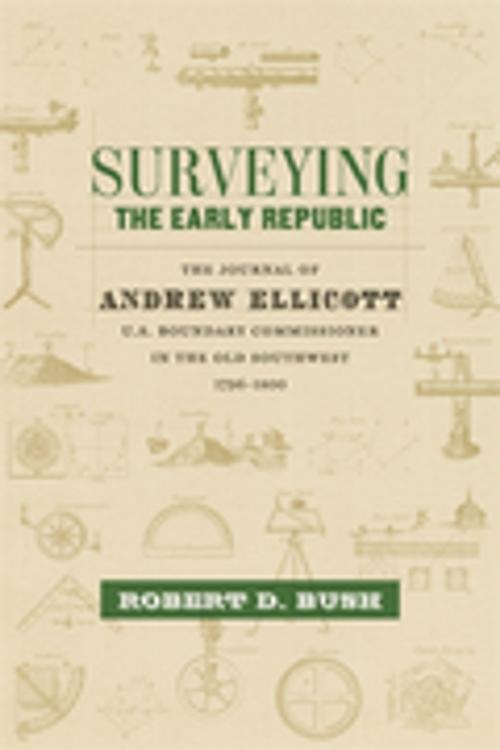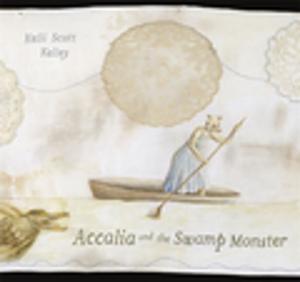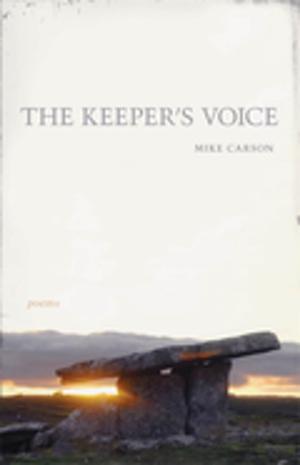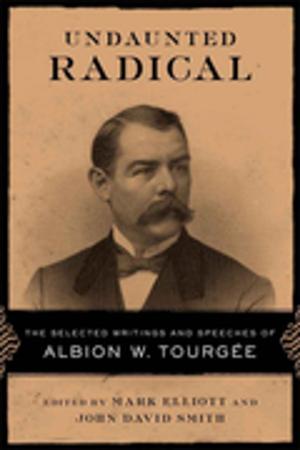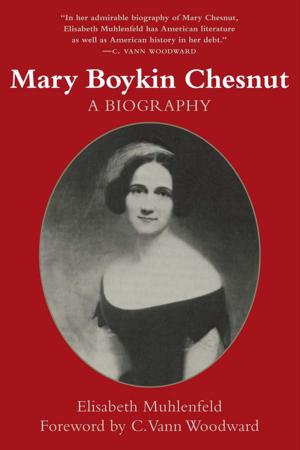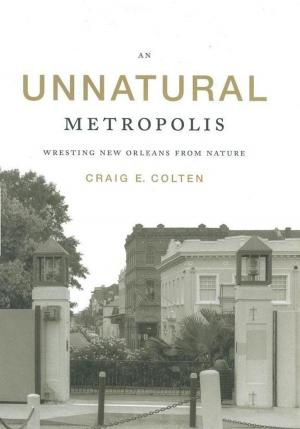Surveying the Early Republic
The Journal of Andrew Ellicott, U.S. Boundary Commissioner in the Old Southwest, 1796-1800
Nonfiction, History, Americas, United States| Author: | ISBN: | 9780807163443 | |
| Publisher: | LSU Press | Publication: | October 5, 2016 |
| Imprint: | LSU Press | Language: | English |
| Author: | |
| ISBN: | 9780807163443 |
| Publisher: | LSU Press |
| Publication: | October 5, 2016 |
| Imprint: | LSU Press |
| Language: | English |
In Surveying the Early Republic, Robert D. Bush contextualizes the firsthand account of Andrew Ellicott, the United States Boundary Commissioner appointed by President George Washington in 1796. Ellicott and his Spanish counterparts established the boundary line between the United States and Spanish territory in North America after the United States and Spain signed the Treaty of San Lorenzo, opening the door to navigation of the Mississippi River and the export of American goods from the Spanish-held port of New Orleans. Over the course of this multiyear surveying project (1796–1800), Ellicott found himself entangled in the politics of these frontier lands, including an insurrection by inhabitants who favored the United States against the existing Spanish regime. He also reported to his superiors on various rumors, plots, and political intrigues as well as on the secret activities of individuals in the pay of Spain, including U.S. Army General James Wilkinson.
Regrettably, the widespread acclaim that followed the publication of Ellicott’s journal in 1803, a year prior to the commencement of Lewis and Clark’s expedition, faded over time. In this first edited and annotated version of that journal, Bush illuminates the commissioner’s day-to-day narrative of events in what later became the Mississippi Territory and thus deepens our understanding of early American expansionism. In addition, Ellicott’s accounts of personalities, plots, counter-plots, and Indian affairs depict with unparalleled clarity the tumultuous diplomatic experiences faced by President John Adams’s administration as it pushed the bounds of America’s frontier. Bush’s deft treatment of this valuable primary source provides a critical contribution to the study of the history of early America.
In Surveying the Early Republic, Robert D. Bush contextualizes the firsthand account of Andrew Ellicott, the United States Boundary Commissioner appointed by President George Washington in 1796. Ellicott and his Spanish counterparts established the boundary line between the United States and Spanish territory in North America after the United States and Spain signed the Treaty of San Lorenzo, opening the door to navigation of the Mississippi River and the export of American goods from the Spanish-held port of New Orleans. Over the course of this multiyear surveying project (1796–1800), Ellicott found himself entangled in the politics of these frontier lands, including an insurrection by inhabitants who favored the United States against the existing Spanish regime. He also reported to his superiors on various rumors, plots, and political intrigues as well as on the secret activities of individuals in the pay of Spain, including U.S. Army General James Wilkinson.
Regrettably, the widespread acclaim that followed the publication of Ellicott’s journal in 1803, a year prior to the commencement of Lewis and Clark’s expedition, faded over time. In this first edited and annotated version of that journal, Bush illuminates the commissioner’s day-to-day narrative of events in what later became the Mississippi Territory and thus deepens our understanding of early American expansionism. In addition, Ellicott’s accounts of personalities, plots, counter-plots, and Indian affairs depict with unparalleled clarity the tumultuous diplomatic experiences faced by President John Adams’s administration as it pushed the bounds of America’s frontier. Bush’s deft treatment of this valuable primary source provides a critical contribution to the study of the history of early America.
